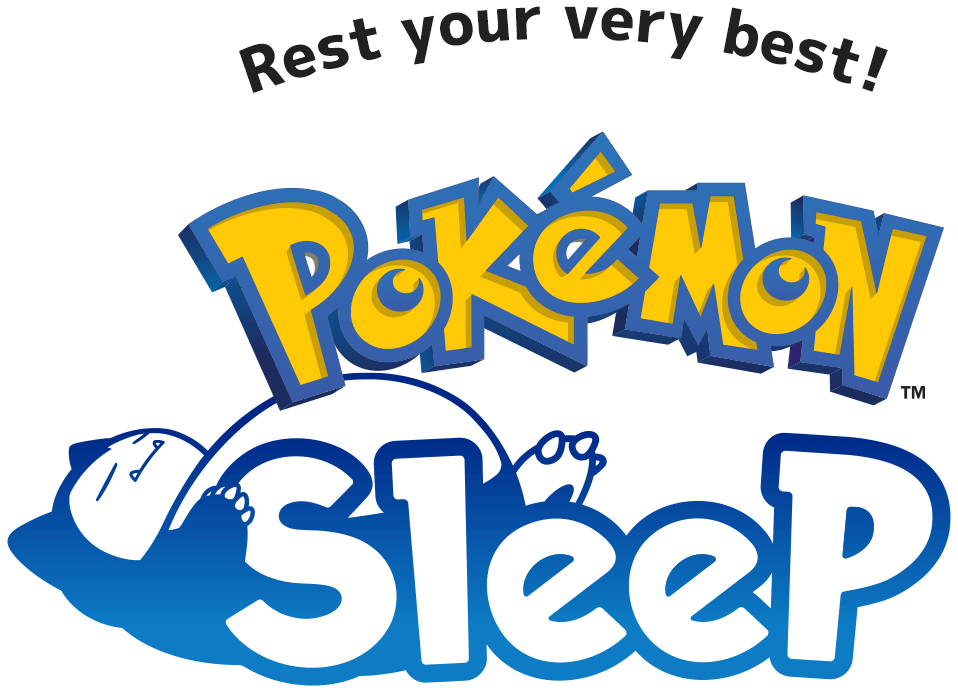Sleep terms you think you know but actually don’t
Sleep Debt: working hard without sleeping is counterproductive
Notes:
- Pokémon Sleep is intended for entertainment purposes only and is not intended for use in detection, diagnosis, or treatment of any medical condition or disease.
- The information provided in this article—and the sleep score registered through Pokémon Sleep—does not represent or substitute for a diagnosis from a physician or health care professional, and it cannot be used as a diagnostic or therapeutic treatment for a sleep disorder. Users should seek medical attention in case they present signs or symptoms that could be associated with sleep disorders.
- Please note that the information in this article is intended for adults regarding sleep unless otherwise stated.
When we go a number of days without getting enough sleep, we accumulate sleep debt. Having sleep debt makes us less able to function when we’re awake and can pose various risks to our health.
Reference: https://www.nhlbi.nih.gov/health/sleep-deprivation
Let’s take a look at the relationship between the average sleep duration and the GDP per capita of countries all over the world. As you can see from this chart, countries with longer average sleep durations tend to have higher GDP per capita. Knowing that, the idea of sacrificing sleep to get more work done may not make much sense.

Reference material: Matt McLean, Sleep Cycle, IMF, The Economist
In addition, research and various surveys have revealed the following risks that sleep debt puts on individuals, as described below.
1. Effects on mortality rate
Studies show that people with an average sleep duration of about seven hours a night on weekdays have the lowest mortality rate, while the mortality rate increases for anyone who gets either more or less than that. However, this does not mean you should not sleep “too much”—in fact, we are unable to sleep more than we need. Instead, people who habitually sleep more than nine or ten hours a night likely have some diseases or conditions forcing them to sleep longer (a good example of this is obstructive sleep apnea), which can also increase mortality.
Reference material: Cappuccio, Francesco P., et al. “Sleep duration and all-cause mortality: a systematic review and meta-analysis of prospective studies.” Sleep 33.5 (2010): 585-592.
JACC Study Group, Self-Reported Sleep Duration as a Predictor of All-Cause Mortality: Results from the JACC Study, Japan, Sleep, Volume 27, Issue 1, January 2004, Pages 51–54,
https://doi.org/10.1093/sleep/27.1.51
2. Risk of increased body mass index
In an experiment in which healthy subjects had limited sleep for two weeks, it was found that their calorie intake, weight, and body fat all increased. On the other hand, an experiment which had habitually sleep-deprived, overweight people sleep longer than usual found that their calorie intake decreased. It has been observed that adults who cut their sleep duration by an hour a night experience body mass index (BMI) increase of about 0.35, and that adults with shorter sleep durations tend to have more fat.
Reference material: Cooper CB, Neufeld EV, Dolezal BA, Martin JL. Sleep deprivation and obesity in adults: a brief narrative review. BMJ Open Sport Exerc Med. 2018 Oct 4;4(1):e000392. doi: 10.1136/bmjsem-2018-000392. PMID: 30364557; PMCID: PMC6196958.






